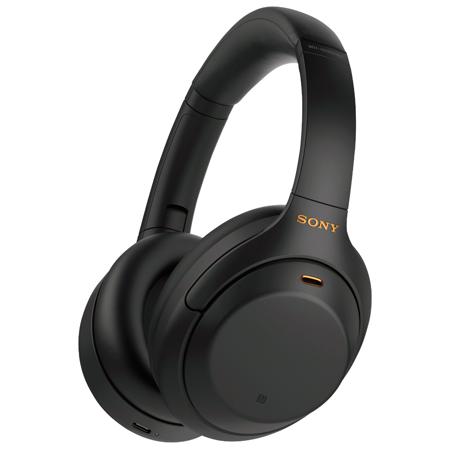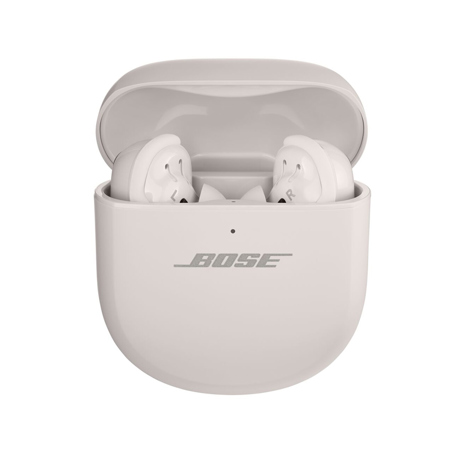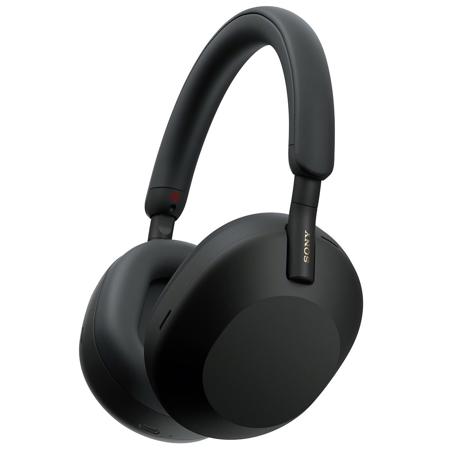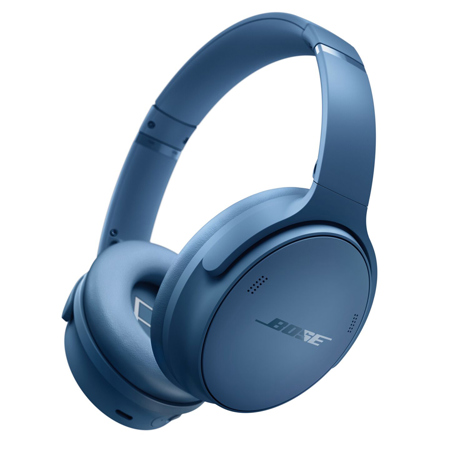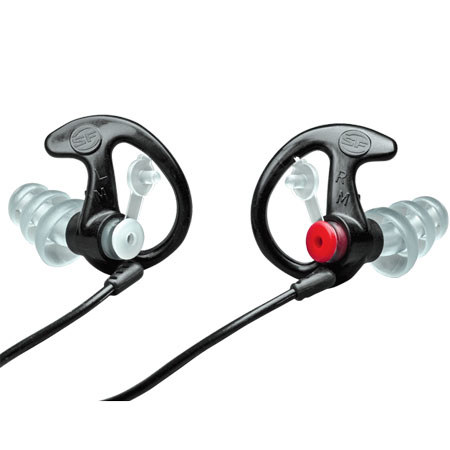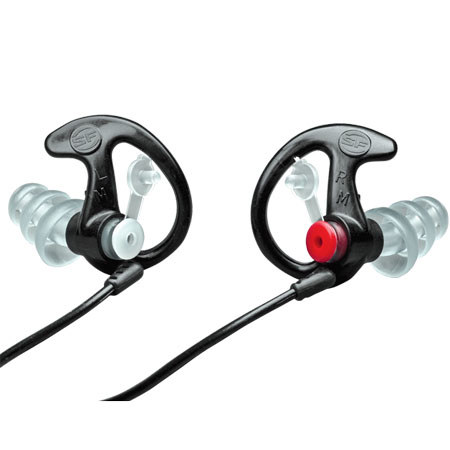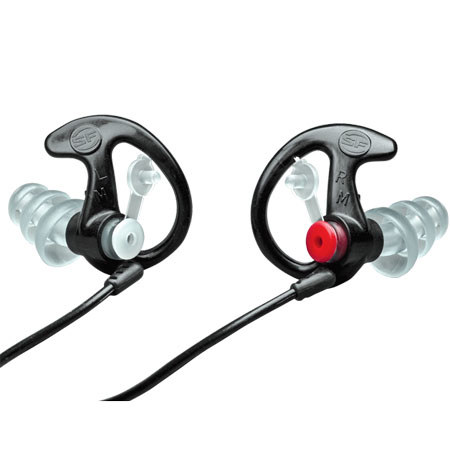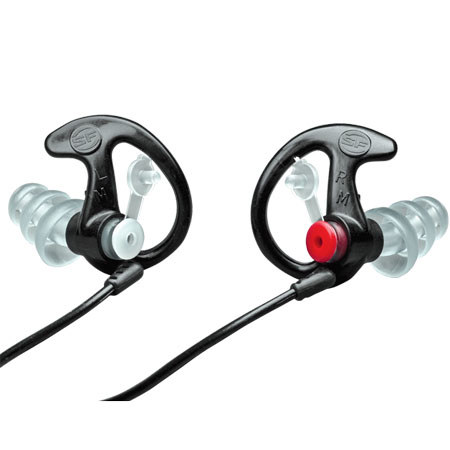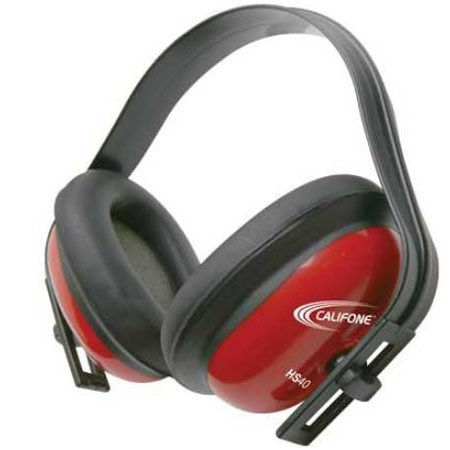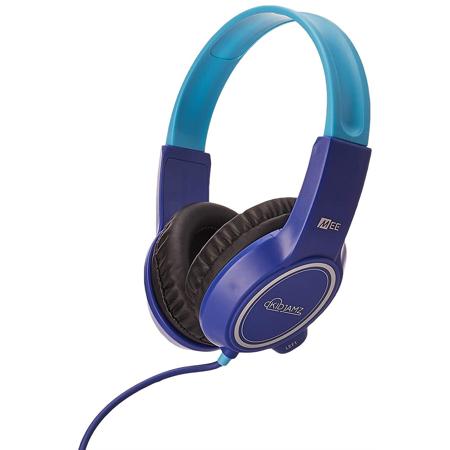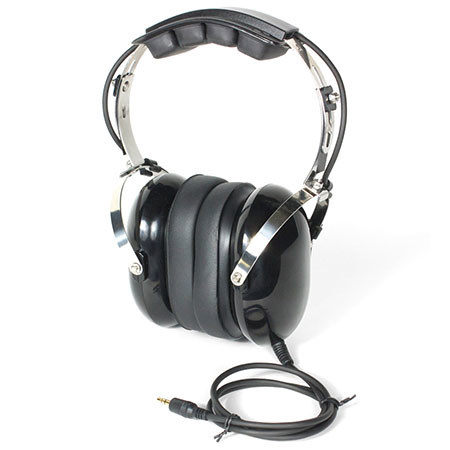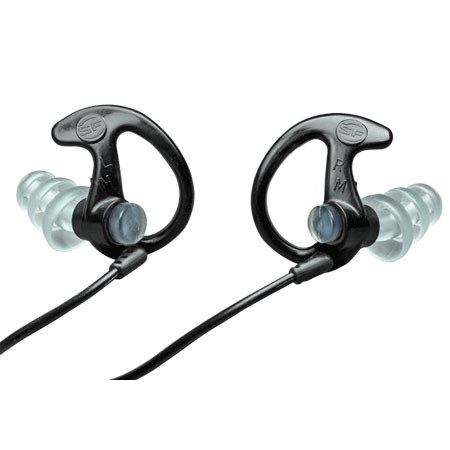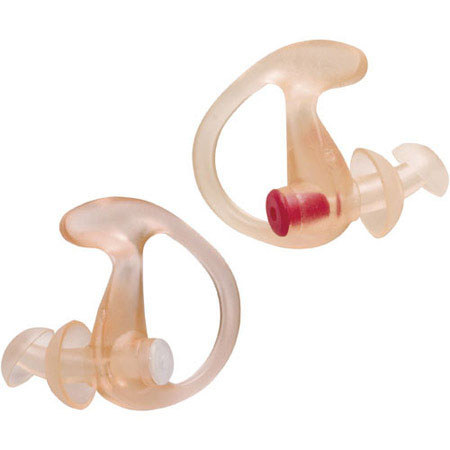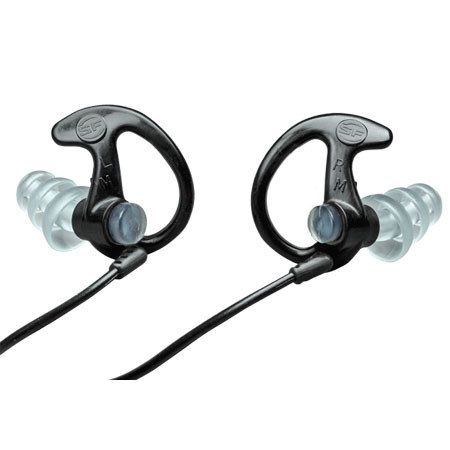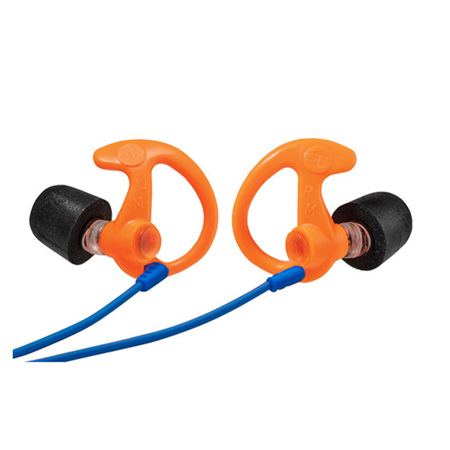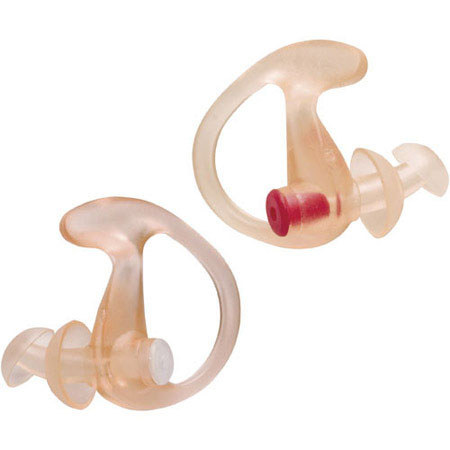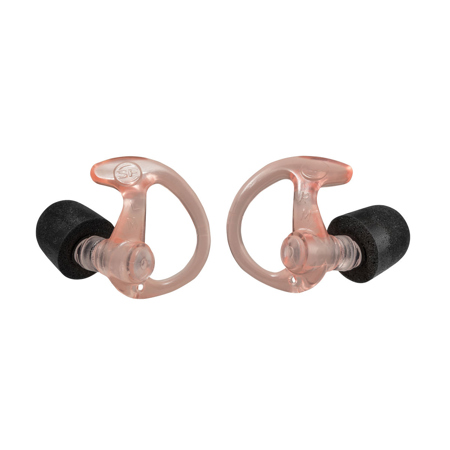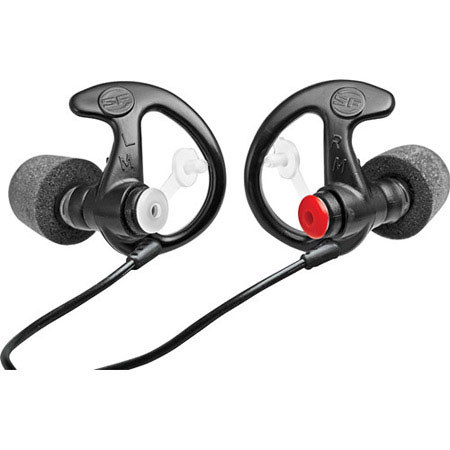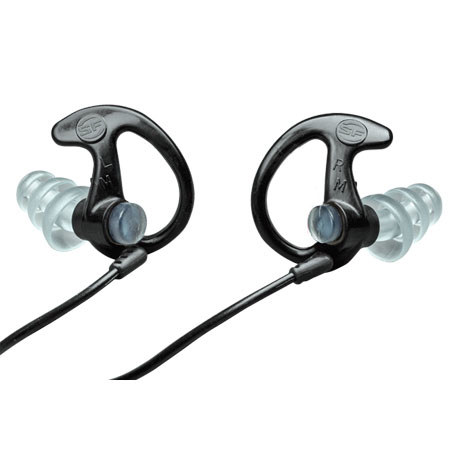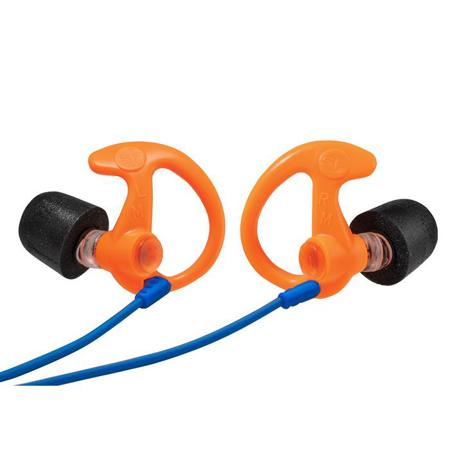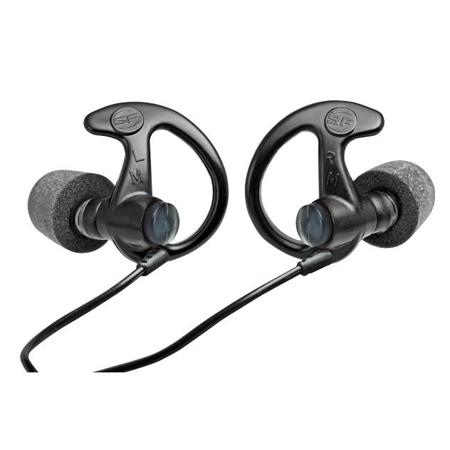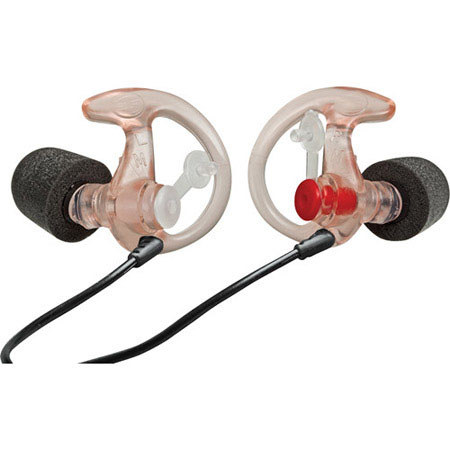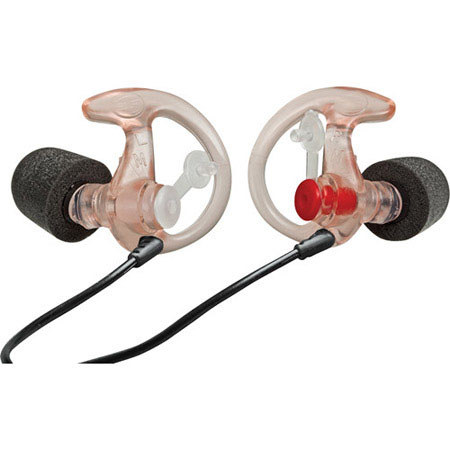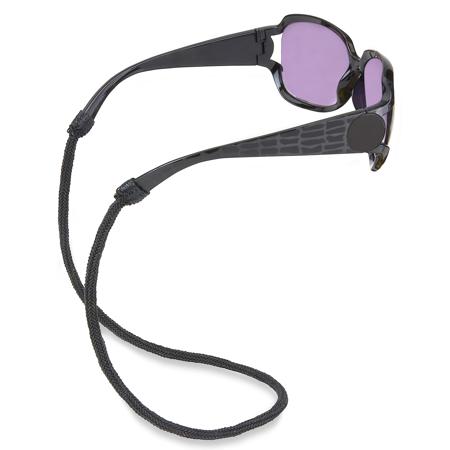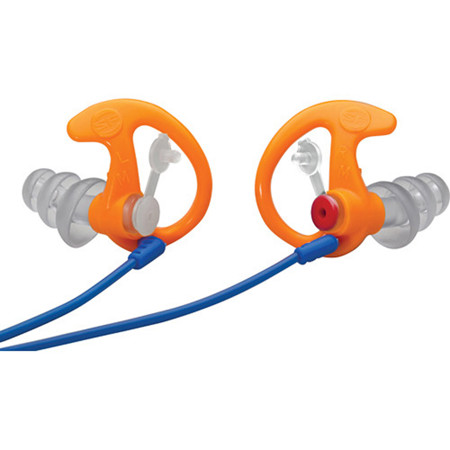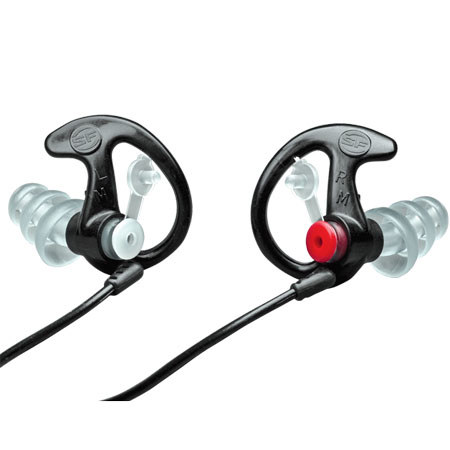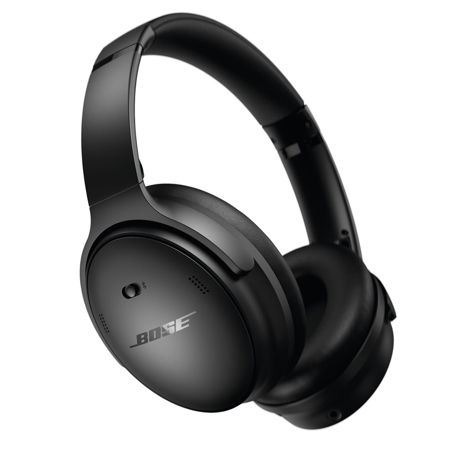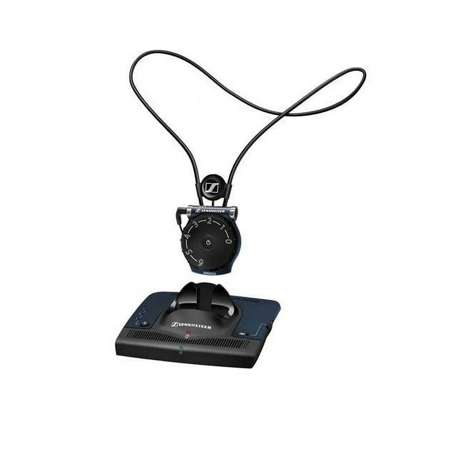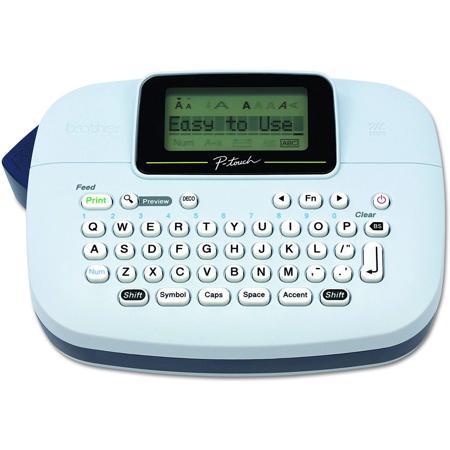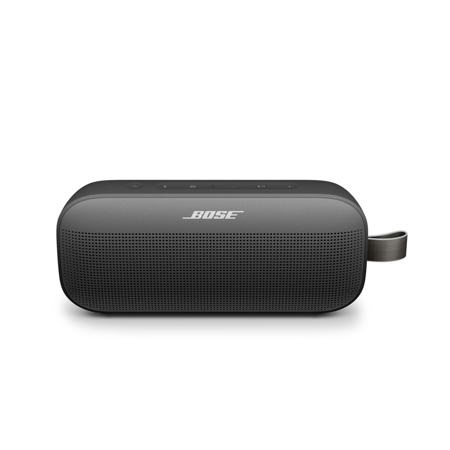Gifts For People With Sensory Issues
Finding the perfect gift for someone with sensory issues often means thinking beyond the typical and focusing on comfort, calm, and support for their unique needs. Sensory processing differences can impact how a person experiences touch, sound, light, and movement, so gifts that bring soothing relief or minimize overstimulation can make a world of difference. Many people with sensory sensitivities—whether children, teens, or adults—find that certain environments, textures, or noises can be overwhelming, especially during the busy holiday season. Thoughtful gift choices might include items that create a peaceful retreat, such as weighted blankets, soft lighting options, or gentle massage tools that help ease tension and encourage relaxation. These products aren’t just practical; they can be deeply personal, showing the recipient that you understand and care about their comfort. For those who struggle with loud environments, noise-canceling headphones can be transformative, offering a portable sanctuary from the clamor of daily life and allowing them to enjoy music, podcasts, or simply some much-needed quiet. Gifts like these are not only useful but can also open doors to new experiences, whether that’s enjoying a favorite album in peace or finding focus in a bustling classroom or office.
When selecting gifts for people with sensory issues, it’s important to consider individual preferences and sensitivities. Some may benefit from tactile items that provide soothing feedback, such as fidget tools, textured pillows, or therapy putty, which can help manage stress or provide a calming distraction. Others might appreciate visual aids like soft-glow lamps or blackout curtains to create a restful environment. Educational resources—such as books on sensory processing or guides to mindfulness—can empower individuals to better understand and manage their experiences, while also supporting caregivers and families on their journey. For those who thrive on routine and predictability, organizational tools or planners can be invaluable, helping to reduce anxiety and make daily life more manageable. Experiences can also be meaningful gifts: a pass to a sensory-friendly concert, a relaxing massage, or a membership to a museum with quiet hours can offer joy and connection without sensory overload. Adaptive technology, from specialized keyboards to ergonomic accessories, can help people participate more fully in work, school, or creative pursuits. If your loved one also experiences discomfort related to repetitive tasks or fine motor challenges, you may want to explore our curated collection of Gifts For People With Wrist Pain for additional supportive ideas.
The best gifts for people with sensory issues are those that reflect a genuine understanding of their daily challenges and joys. Whether you’re shopping for a child who needs a cozy corner to unwind after school, a friend who loves music but struggles with background noise, or a colleague who appreciates thoughtful, adaptive tools, your gift can become a source of comfort and empowerment. As winter settles in and routines shift with the holidays, these carefully chosen items can help create moments of peace and connection. By focusing on sensory-friendly features, gentle materials, and supportive technology, you’re not just giving a present—you’re offering a little more ease and joy in every day.
When selecting gifts for people with sensory issues, it’s important to consider individual preferences and sensitivities. Some may benefit from tactile items that provide soothing feedback, such as fidget tools, textured pillows, or therapy putty, which can help manage stress or provide a calming distraction. Others might appreciate visual aids like soft-glow lamps or blackout curtains to create a restful environment. Educational resources—such as books on sensory processing or guides to mindfulness—can empower individuals to better understand and manage their experiences, while also supporting caregivers and families on their journey. For those who thrive on routine and predictability, organizational tools or planners can be invaluable, helping to reduce anxiety and make daily life more manageable. Experiences can also be meaningful gifts: a pass to a sensory-friendly concert, a relaxing massage, or a membership to a museum with quiet hours can offer joy and connection without sensory overload. Adaptive technology, from specialized keyboards to ergonomic accessories, can help people participate more fully in work, school, or creative pursuits. If your loved one also experiences discomfort related to repetitive tasks or fine motor challenges, you may want to explore our curated collection of Gifts For People With Wrist Pain for additional supportive ideas.
The best gifts for people with sensory issues are those that reflect a genuine understanding of their daily challenges and joys. Whether you’re shopping for a child who needs a cozy corner to unwind after school, a friend who loves music but struggles with background noise, or a colleague who appreciates thoughtful, adaptive tools, your gift can become a source of comfort and empowerment. As winter settles in and routines shift with the holidays, these carefully chosen items can help create moments of peace and connection. By focusing on sensory-friendly features, gentle materials, and supportive technology, you’re not just giving a present—you’re offering a little more ease and joy in every day.
